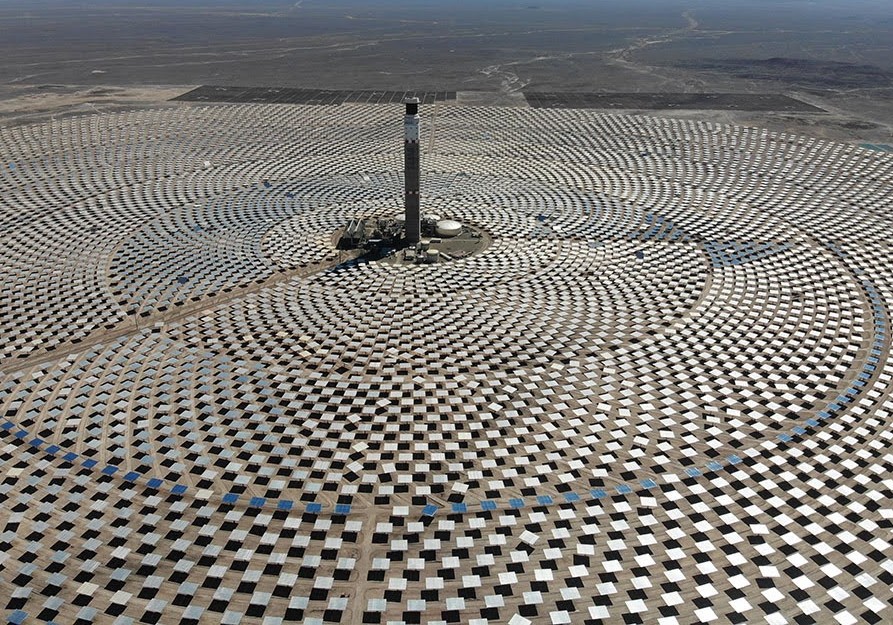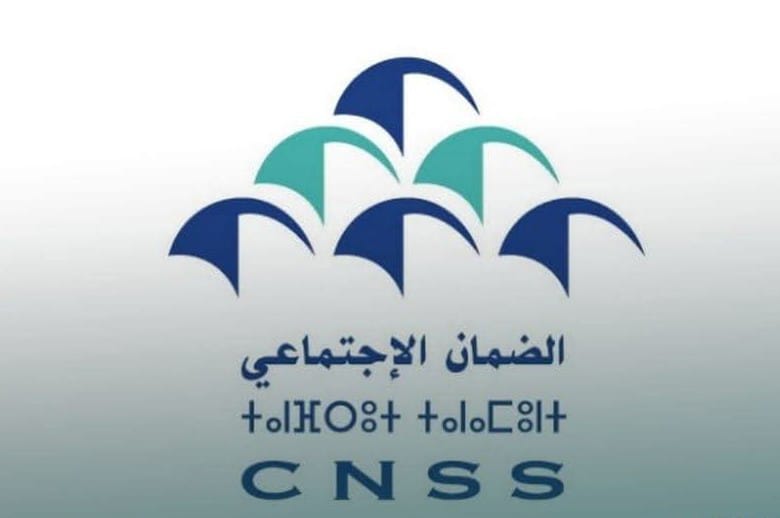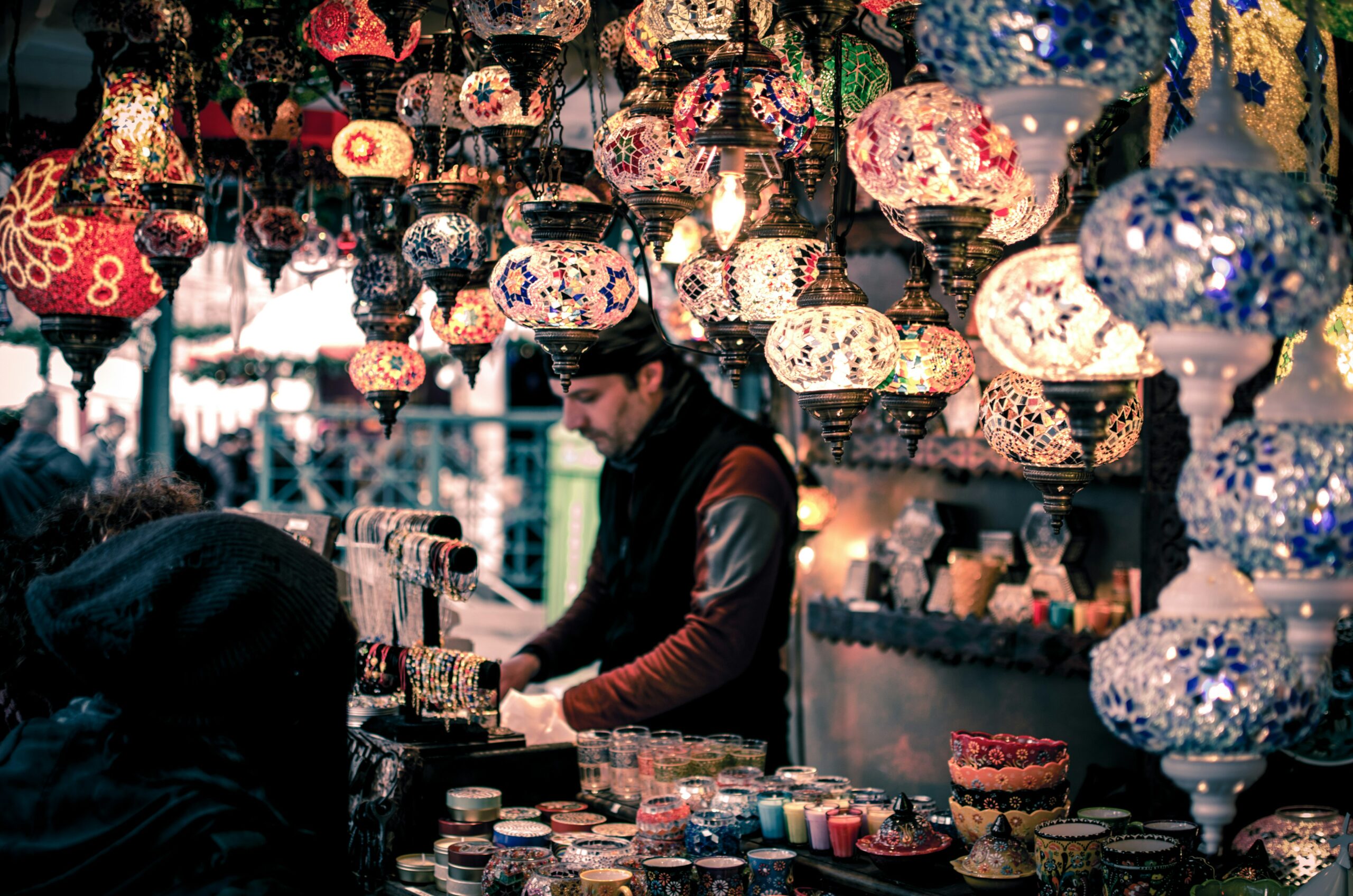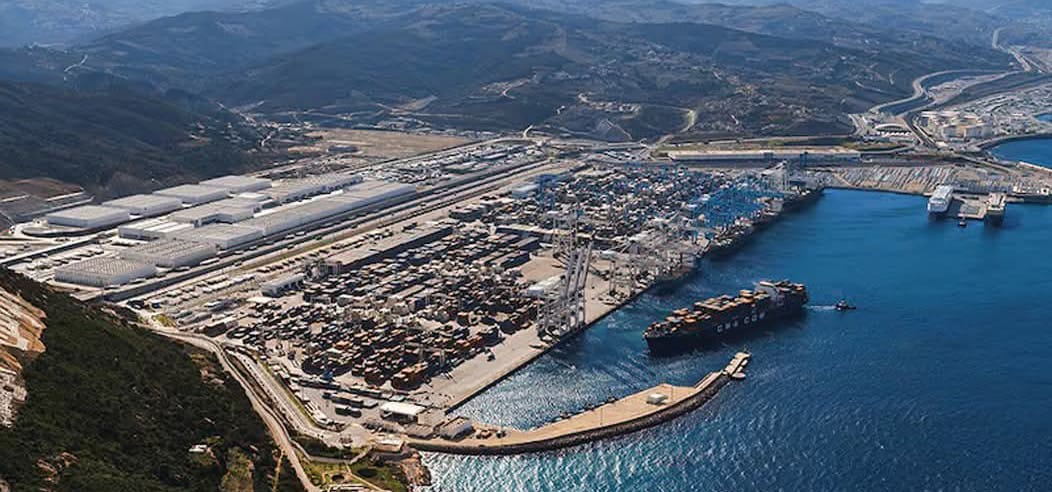Casablanca- In Morocco’s agricultural landscape, the production of dates stands as a testament to resilience and adaptation in the face of challenges. Despite difficult climatic conditions, the agricultural season of 2023-2024 has seen a significant uptick in date production, with output reaching 115 thousand tons, marking a 6.5% increase compared to the previous season.
This growth is attributed to the dynamic development of the date palm chain, which operates within the framework of the Green Generation Strategy 2020-2030. Particularly noteworthy is the expansion of cultivation into new fields, notably in the eastern region, demonstrating the ability to overcome adversity.
Regionally, contributions to date production vary, with the Souss-Massa, East, and Guelmim-Oued Noun regions collectively contributing 21% of the total production, highlighting the widespread cultivation practices across Morocco.
The recent signing of a new program contract further solidifies Morocco’s commitment to the date palm production. Signed by the Moroccan Date Professional Federation “Dates of Morocco” and the state, this agreement outlines ambitious goals to enhance production development and professional governance by 2030. With a substantial budget allocation of approximately 7.47 billion dirhams (approximately $0.79 million USD) for the period 2021-2030, the program aims to revitalize traditional oases, expand cultivation beyond oasis areas, and improve productivity, packaging, and processing standards.
Key objectives set for 2030 include planting five million date palms, expanding cultivation areas, improving production rates and packaging standards, and significantly increasing exports. These targets align with broader efforts to diversify markets and ensure the sustainability of the date palm production in Morocco.
The economic significance of date palm cultivation cannot be overstated, particularly in oasis regions where it forms a substantial portion of agricultural income for over 1.5 million people. With approximately 67 thousand hectares of land dedicated to date palm cultivation nationwide, Morocco plays a significant role in preserving the global palm tree heritage, accounting for about 5.1% of the estimated 1.3 million hectares worldwide.
As Morocco continues to prioritize the development and sustainability of its date palm planting, these initiatives underscore the country’s commitment to preserving its agricultural heritage while adapting to changing environmental and economic dynamics. Through strategic investments and collaborative efforts, Morocco aims to position itself as a leader in date production while contributing to global palm tree conservation efforts.















